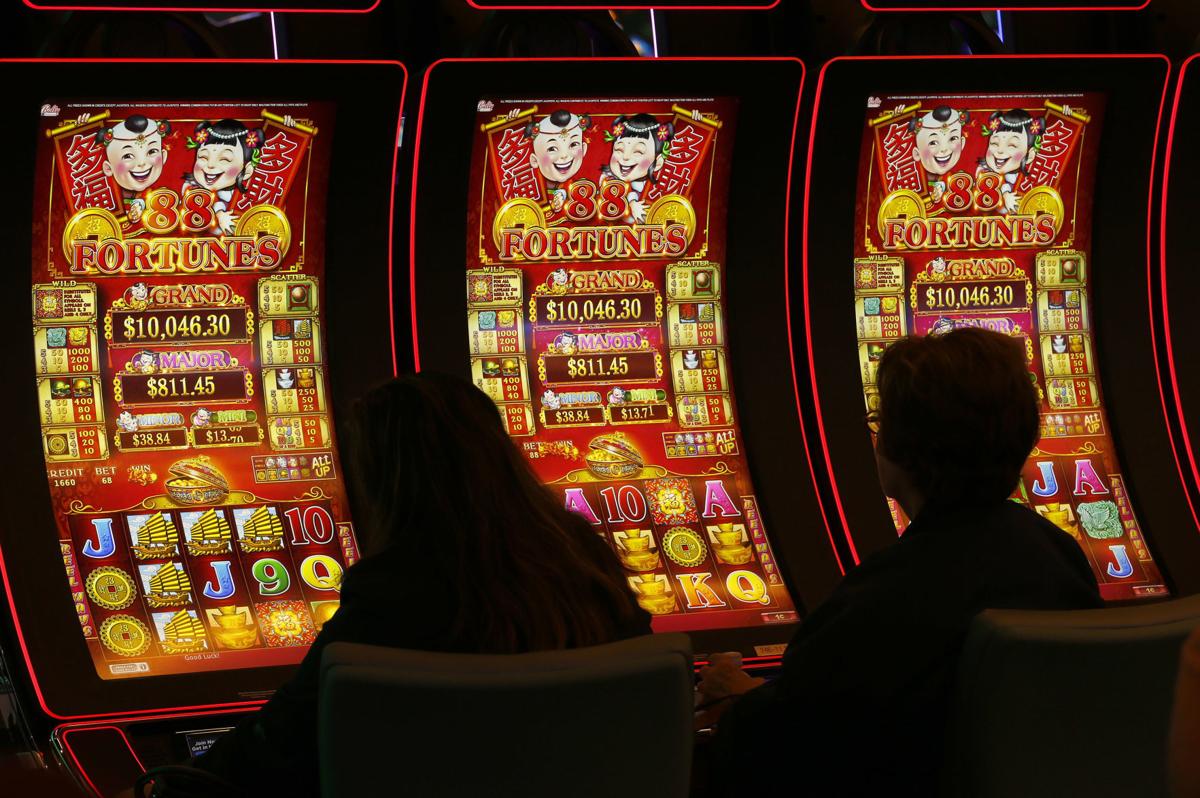PHOENIX — Plans for what could become a new state-run instant gambling game hit a snag Wednesday as an attorney for Arizona’s largest tribe warned lawmakers it would violate a decades-old gaming agreement.
Steven Hart told members of the Senate Government Committee that the 2002 compacts between tribes and the state give them the exclusive right to operate casino-style games. In exchange, he said, the tribes share about $100 million a year in profits.
But Hart, who represents the Navajo Nation, said all that is contingent on the state not expanding into areas now strictly limited to reservations. And he said a plan by Sen. Sonny Borrelli, R-Lake Havasu City, to have the state operate keno games — perhaps multiple times an hour — violates that deal.
Keno is a lottery-style game where participants have to match numbers they picked with those drawn.
Borrelli, for his part, said he doesn’t read the compacts that way.
But he agreed to withdraw his legislation from consideration, at least for the time being. He told Capitol Media Services, however, he may try again later this session.
What Borrelli wants to do is generate more money for state and local governments.
The Arizona Lottery operates a variety of games, from instant “scratch” tickets to various “pick” games where those hoping for a win choose their numbers, buy a ticket, and then wait for the drawing.
There are now several versions of those pick games, including one called “All or Nothing” that has two drawings each and every day.
“I want a game that’s played more frequently,” Borrelli said.
How frequently?
SB 1059 does not say. But it opens the door to having drawings multiple times an hour.
Hart said that’s where Borrelli’s proposal runs afoul of the gaming compacts.
He said it’s one thing to buy a “pick” ticket and then wait for the numbers to be drawn.
By contrast, Hart said, keno is set up so that someone can buy a ticket at a bar, restaurant or store and then simply wait there to have the winning numbers flashed onto a screen.
Hart, who worked for then-Gov. Jane Hull when she negotiated the compacts that eventually were approved by voters, said that violates a provision against the state running “monitor games.”





